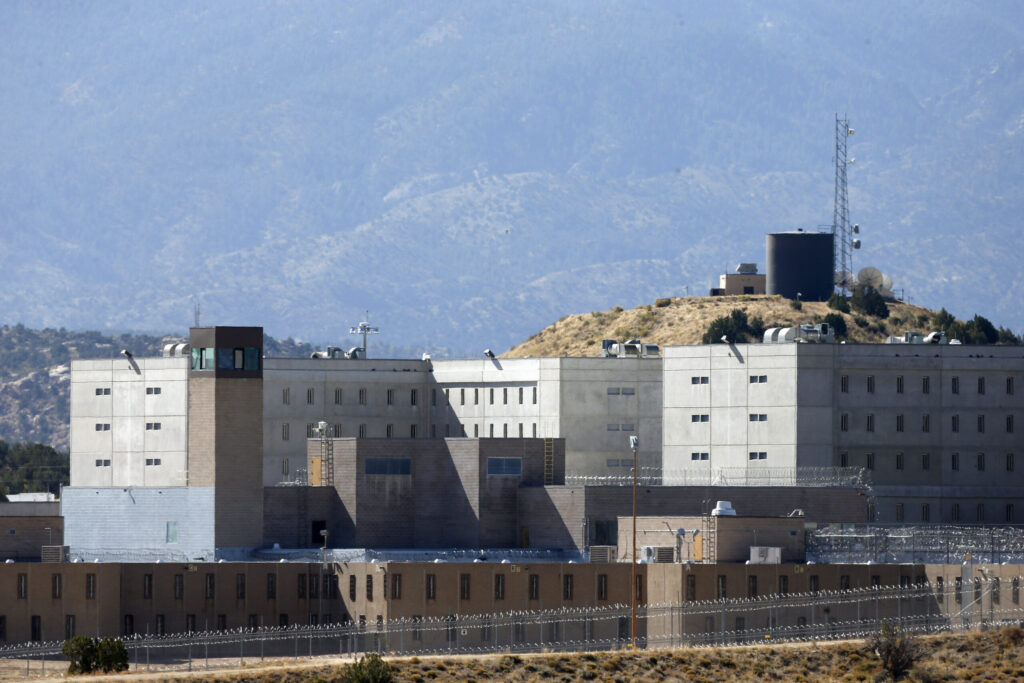The ‘progressive tax’ is a power grab | PODIUM

When politicians promise “fairness,” brace yourself. What usually follows isn’t fairness at all — it’s a quiet transfer of power from the citizen to the state.
That’s exactly what’s happening with the new proposal to replace Colorado’s flat income tax with a so-called “progressive” one. The marketing sounds harmless enough: lower rates for most, higher rates for those who “can afford to pay more.” But beneath the slogans lies a massive structural rewrite of Colorado’s Constitution — a Trojan horse that would raise billions in new taxes, gut the Taxpayer’s Bill of Rights, and punish the very people who keep this state working.
Colorado’s flat 4.4% income tax is simple, predictable and fair. It treats everyone the same, whether you earn $40,000 or $400,000. The progressive plan backed by the Bell Policy Center would totally blow that up. Their proposal would add multiple brackets, ramping rates from roughly 4.2% for lower earners to nearly 9.2% for those making $10 million or more. The first year alone would pull an extra $2.4 to $3.25 billion out of the economy.
Supporters call it “revenue for the common good.” In reality, it’s a multibillion-dollar tax increase sold as a fairness adjustment. And it doesn’t just raise taxes — it rewrites the rules that prevent government from overspending in the first place.
Since 1992, the Taxpayer’s Bill of Rights (TABOR) has been Colorado’s constitutional guardrail against runaway government. It requires any tax increase to win voter approval and caps how much government can grow from year to year.
But the progressive tax initiative contains two hidden detonators aimed straight at TABOR’s foundation. First, it “de-Bruces” the new revenue — meaning it’s permanently exempt from TABOR’s spending limits. Second, it repeals TABOR’s ban on income-tax surcharges, allowing future legislators to stack new taxes on top of the current ones without ever going back to voters.
In short, this measure isn’t about “updating” the tax code. It’s about escaping constitutional accountability. When the political class can raise and spend without limits, citizens stop being self-governing taxpayers and start being permanent revenue streams.
Proponents insist the plan only affects “the rich.” But in Colorado, nine out of 10 businesses are pass-through entities — LLCs, S-corps, and sole proprietorships whose owners pay income tax on business earnings. That means this tax doesn’t just hit hedge-fund managers; it hits small manufacturers, family farms, and local entrepreneurs already squeezed by inflation, labor shortages, and regulatory costs.

A family-owned plumbing company or small restaurant grossing $800,000 a year might appear wealthy on paper. In reality, after payroll, rent, and supplies, they take home a fraction of that. Yet this plan would treat them like millionaires — hiking their taxes while they struggle to stay afloat.
You don’t build prosperity by punishing productivity. You don’t grow jobs by taxing the job creators. And you don’t fix inequality by destroying opportunity.
Even Colorado’s Title Board — the state body that reviews citizen initiatives — saw through the disguise. Last week, it unanimously ruled that the proposal violates the single-subject rule, a constitutional requirement that ballot measures address one clear issue. This one tried to do everything at once: raise rates, rewrite TABOR, and dictate how new money would be spent on education, health care and “non-policing public safety programs.”
That’s not tax reform. That’s logrolling — bundling multiple ideological goals under one misleading banner to fool voters.
If you want to see the future of a progressive tax system, look west. California, Illinois, and New York have all experimented with “taxing the rich.” The result? Massive budget deficits, population decline, and economic flight. Wealthy residents simply leave — and the middle class gets left holding the bag.
Colorado’s flat tax, by contrast, has been a magnet for investment. It’s one of the reasons businesses relocate here instead of fleeing. Replace it with a bureaucratic maze of brackets and carve-outs, and we lose that advantage overnight.
You can’t tax your way to prosperity. But you can certainly tax your way to decline.
Fairness is not about taking more from some to give to others; it’s about treating everyone equally under the law. A truly fair tax doesn’t divide citizens into winners and losers. It asks all of us to contribute at the same rate — because the moral value of a dollar earned is the same whether it’s earned by a teacher, a technician, or a CEO.
The Left calls this progress. But progress isn’t measured by how much government grows — it’s measured by how much freedom survives.
Colorado doesn’t need another tax experiment. It needs leaders disciplined enough to live within the limits voters already approved. TABOR isn’t an obstacle to progress; it’s a promise of restraint — a reminder that the people, not the politicians, hold the purse strings.
If this measure ends up on the 2026 ballot and voters let this it pass, the damage will be permanent: higher taxes, weaker businesses, more reckless spending, and the quiet death of TABOR’s taxpayer protections.
When government calls something “fair,” remember what it really means — more for them, less for you.
Michael A. Hancock, of Aurora, is the objector of record formally challenging the proposed progressive income-tax initiative now under review by state authorities. Hancock also writes a regular column for Colorado Politics’ news affiliate, The Denver Gazette.












